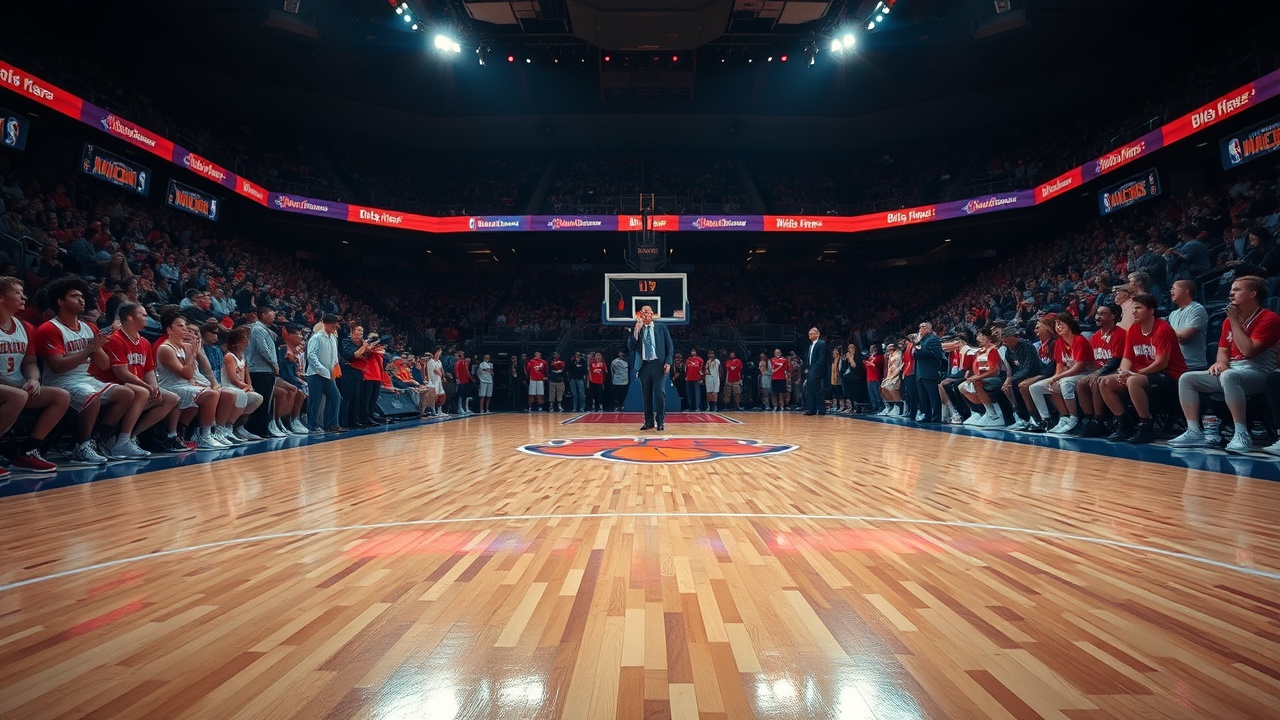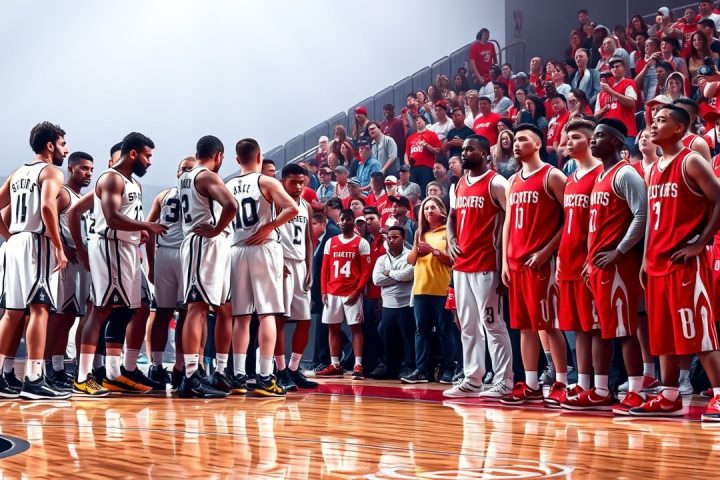Debate Over Knicks Coach Dismissal
During a recent debate involving candidates vying for the Democratic nomination for mayor of New York City, an unexpected topic emerged: the dismissal of Knicks coach Tom Thibodeau. The candidates were asked to weigh in on the decision by the New York Knicks to part ways with Thibodeau following their elimination from the Eastern Conference finals, where they were defeated by the Indiana Pacers.
A clear majority, seven of the candidates, opposed the firing, while only Michael Blake expressed support, siding with Knicks owner James Dolan and President Leon Rose. He stated,
“Our goal is to win the finals, not to just reach the conference finals.”
Impact of Thibodeau’s Tenure
The debate surrounding Thibodeau’s departure is reminiscent of the broader conversations happening in professional sports circles. This past season, the Knicks achieved a significant milestone by reaching the Eastern Conference finals for the first time in 25 years, finishing with 51 victories and securing the third seed in their conference. They advanced in the playoffs, including a surprising victory over the defending champions, and found themselves in a competitive conference final match, despite a haunting loss in Game 1 that they had under control.
Given these accomplishments, many fans and commentators are questioning the rationale behind the firing. Thibodeau’s tenure saw the Knicks transform from a struggling team into a legitimate playoff contender, raising the fundamental question of meritocracy in sports decisions. Thibodeau, who reportedly faced challenges like an underperforming locker room and ineffective game strategies during the playoffs, found himself on the chopping block despite the team’s successes.
Reactions and Broader Trends
Rick Carlisle, the head coach of the Pacers, expressed his disbelief at the news of Thibodeau’s firing, joking that it seemed like something out of a fake AI scenario. This incident underscores the complexity of performance metrics in sports, where the definition of success can vary wildly, blending subjective narratives with cold, hard statistics.
In today’s sports landscape, where a focus on championships reigns supreme, team management and fan expectations can shift rapidly. As evidenced by the contrasting situations of recently fired NBA coaches—like the Denver Nuggets’ Michael Malone, who won a championship just two seasons ago—the quick trigger on coaching decisions speaks to an urgent desire for immediate results and alignment within teams. Malone’s ousting came amidst ongoing tensions between him and the Nuggets’ management, highlighting that even success can bring about significant internal strife.
There seems to be a growing trend in the NBA where organizations feel pressure to rapidly adapt and change their leadership in response to fleeting competitive windows. Shorter player contracts and evolving league dynamics contribute to this urgency, raising the stakes higher than ever.
Conclusion
In conclusion, the decision to fire coaches like Thibodeau reflects a turbulent period in the NBA, where the commitment to winning coexists with a volatile assessment of how success should be defined. As teams grapple with this duality, the intrinsic value of merit and what it means to deserve success becomes increasingly complex in the basketball realm.




